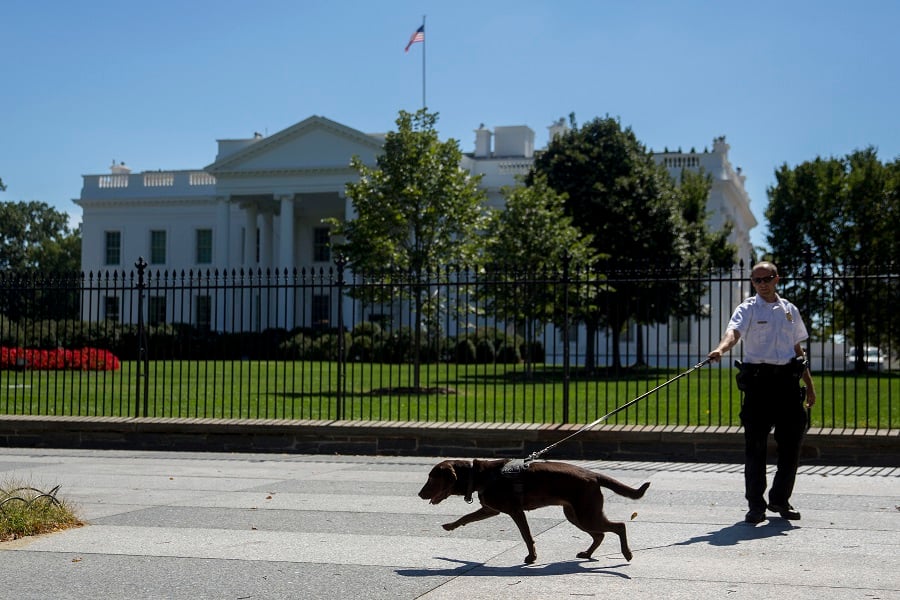One of President Barack Obama's top economic advisers said abusive trading practices are costing workers billions of dollars in retirement savings each year and called for stricter rules on Wall Street brokers.
Jason Furman, chairman of President Obama's Council of Economic Advisers, drafted a Jan. 13 memo citing research that says some broker practices, such as boosting commissions with excessive trading, cost investors $8 billion to $17 billion a year. The document was circulated to senior aides and indicates the White House may support tighter oversight of brokers who handle retirement accounts.
The memo, obtained by Bloomberg News, makes the case for a Labor Department regulation that would impose a fiduciary duty on brokers handling retirement accounts, requiring them to act in their clients' best interest. Under current rules, brokers are held to a 'suitability' standard, meaning they must reasonably believe their recommendation is right for a customer.
(More on fiduciary: SEC remains vague on their fiduciary duty plans)
“Consumer protections for investment advice in the retail and small-plan markets are inadequate,” Mr. Furman wrote in the memo, also signed by Betsey Stevenson, another member of the economic council. “The current regulatory environment creates perverse incentives that ultimately cost savers billions of dollars a year.”
Wall Street
has spent more than four years lobbying against the Labor rule. Led by firms like Morgan Stanley and Bank of America Corp., the industry has argued that costlier regulations would take away options for smaller investors, who would lose access to advice as well as investment choices.
'MASSIVE SHIFT'
A White House official said the document, titled “Draft Conflict of Interest Rule For Retirement Savings,” shouldn't be seen as a new turn in the Labor Department's rulemaking. That process, the official said, would include a comment period if the administration moves forward. The Labor Department last year indicated that its proposal
could come as soon as this month.
A fiduciary duty on brokers would provide “meaningful protections” to investors, according to the memo.
The Labor Department has pressed to update the rules, which were issued in 1975. At that time, many workers had employer-controlled pensions and the 401(k) didn't exist. Now, tens of millions of people have their savings in 401(k) plans and individual retirement accounts, known as IRAs, which together hold more than $11 trillion.
“Few foresaw the massive shift in retirement savings that would occur over the next 40 years,” Mr. Furman wrote.
The document says researchers' estimates of up to $17 billion in investor losses are “quite conservative.” Investors lose five to 10% of their long-term savings due to conflicted advice, according to the memo.
CLIENTS' DETRIMENT
“Academic research has clearly established that conflicts of interest affect financial advisers' behavior and that advisers often act opportunistically to the detriment of their clients,” the memo says. That includes the practice of brokers receiving payments for selling certain mutual funds.
Brokers generally charge commissions based on trading activity, which they have said is usually less costly than fees that are based on the size of an account. It would be more difficult to keep those commission-based accounts, the industry has said, if the fiduciary standard were imposed.
To compensate for additional paperwork requirements and an increased potential for lawsuits, the industry has argued that it would be forced to move investors to accounts that charge a flat fee. Savers with assets under $50,000 would probably be dropped, forcing investors to handle their own savings, industry groups have said.
The Securities Industry and Financial Markets Association, Wall Street's largest trade group, declined to comment specifically about the memo. The group has previously said that opposing the Labor Department plan is one of its top priorities in Washington this year.
(More insight: SIFMA plans to step up opposition to DOL fiduciary rule)
“Any signal that the DOL proposal is moving forward would cause us concern,” Andy Blocker, a Sifma lobbyist, said in a statement. “We have repeatedly said that action by the DOL runs the risk of increasing costs and decreasing access to education for the everyday consumer.”
The Labor Department's draft rule won't ban sales commissions, Mr. Furman's memo says. The proposal will be a “middle ground” that requires brokers to guard against conflicts and avoid “certain self-dealing transactions,” the memo said.
Mike Trupo, a Labor Department spokesman, declined to comment.







